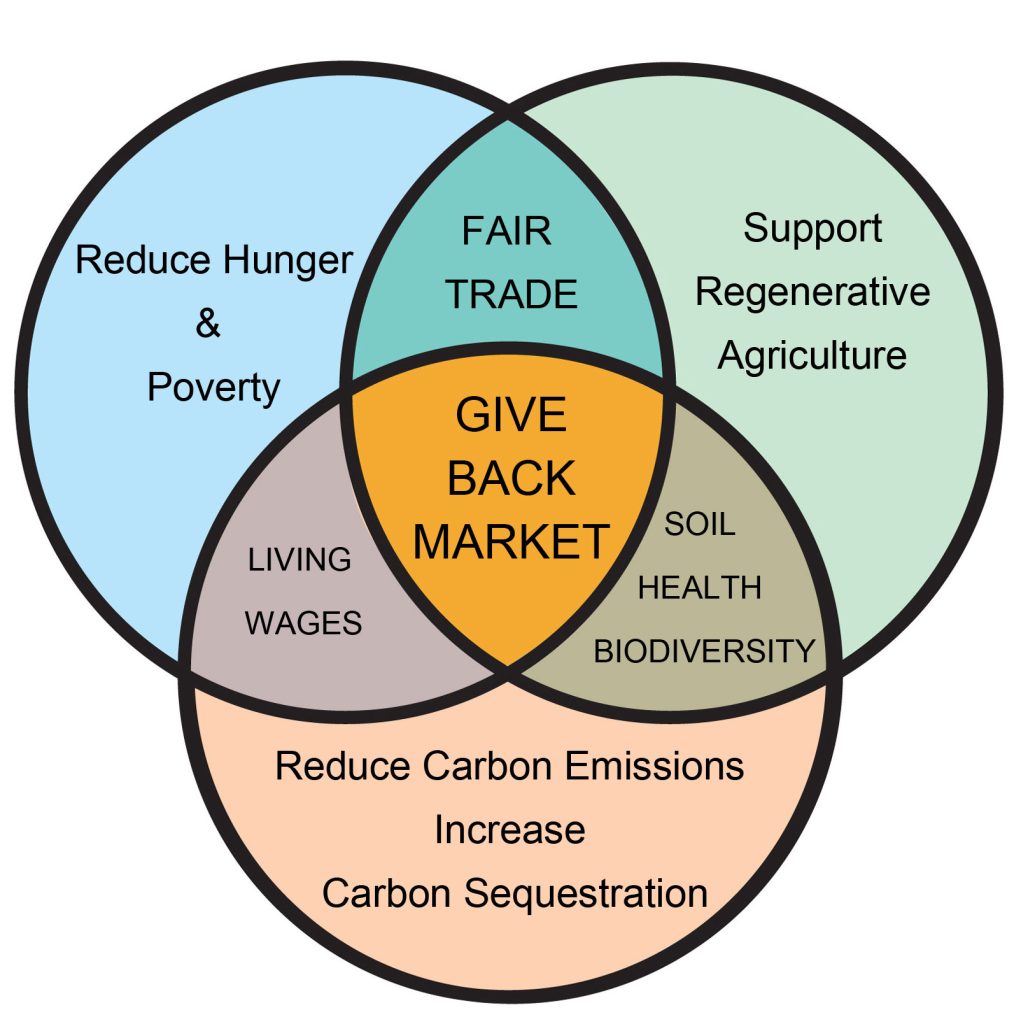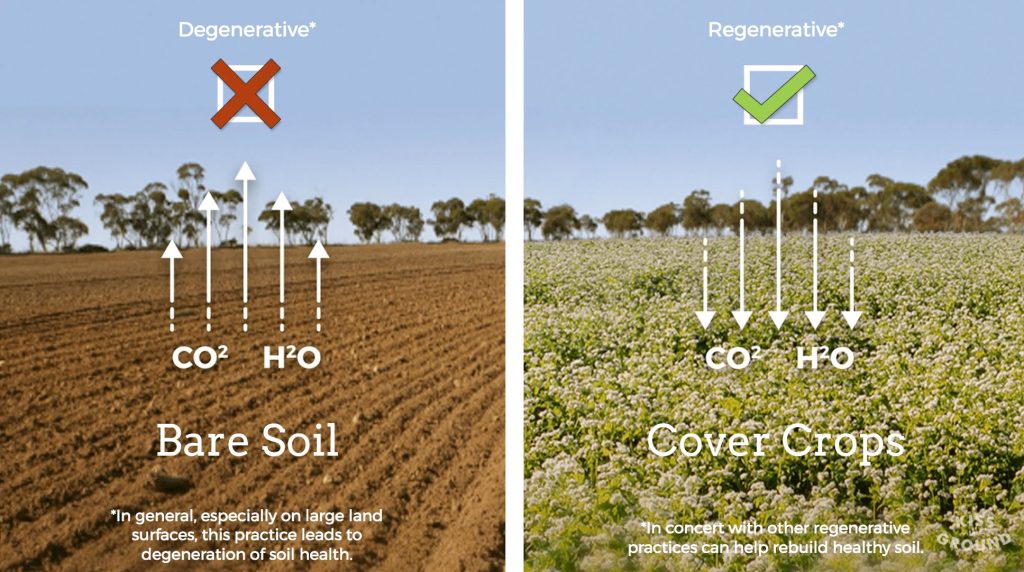The King of Spice supports our fair trade producers by connecting them to the Combat Hunger Today campaign.
To attain the UN Sustainability Goal #2 of Zero Hunger new and innovative solutions are required. Social purchasing will play an ever-increasing role in philanthropy as it can redirect significant funds from existing consumer and corporate spends to alleviate food insecurity while providing smallholders a fair and equitable position within the global supply chain.
In a recent Business Fights Poverty article ‘Leveling the playing field...’ the authors’ state that what is needed is the development of market systems for regenerative agriculture. This Fair Trade site is a first iteration for a direct market access point for farmers. What is unique about this social purchasing model is that the retail portion of sales is (35%) is directed to the Surrey Food Bank Think of the the Surrey Food Bank as your local retailer.
There’s a very compelling report by the Rodale Institute stating that:
Regenerative Ag Could Sequester 100 Percent of Annual Carbon Emissions
“Regenerative agriculture enables farmers and ranchers to sequester enormous amounts of carbon in the soil — and at a profit. If farmers around the world adopt the practice, it will start to roll climate change backward.How does social purchasing work? (Source)
By minimizing the supply chain the platform provides Fair Trade market access while generating significant revenue to reduce food insecurity and its devastating consequences.
Farmer–> E-commerce & Fulfillment –> Consumer
The difference between social purchasing and industry leaders like Amazon is that this Fair Trade, social purchasing platform is built on a Fair Trade, Social Purpose model – ensuring that farmers receive a fair price and that the retail portion of the consumer spend is directed to causes addressing poverty, hunger, food security and other social issues.
Traditional wholesale/retail has what is called Keystone pricing where the retailer uses a 100% markup – i.e. buy for a dollar, sell for two. In the grocery sector, for example, the retailer buys a product for $6.50 and marks it up to $10.00. In this market system the retailer is social cause.

Besides raising smallholders out of poverty and generating ongoing revenue streams to help fight poverty and hunger there are numerous ancillary benefits such as: restoring and preserving soil health, preventing desertification, protecting our pollinators, promoting bio-diversity and gender equality as over half of smallholder workers are women and girls yet they only represent 20% of land ownership and revenue share. Possibly the most important is the positive climate effect as organic farming sequesters carbon. Here is a great video on Agroecology:

